
Computer Science, Social and Information Networks
Bridging the gap between complex scientific research and the curious minds eager to explore it.
Page 70/179
LLaMA-2, the next generation of LLaMA. Meta trained and released LLaMA-2 in three model sizes: 7, 13, and 70 billion parameters. The model architecture remains largely unchanged from that of LLaMA-1 models, but 40% more data was used to train the foundational models. The accompanying preprint also mentions a model with 34B parameters that might be released in the future upon satisfying safety targets.

Computer Science, Social and Information Networks

Computer Science, Machine Learning

Computer Science, Computer Science and Game Theory

Computer Science, Computer Science and Game Theory

Computation and Language, Computer Science

Artificial Intelligence, Computer Science

Computational Geometry, Computer Science

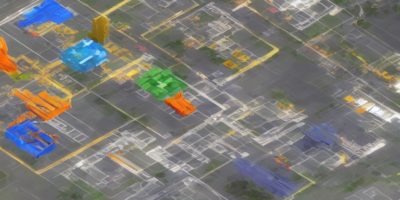
Computer Science, Cryptography and Security

Neurons and Cognition, Quantitative Biology
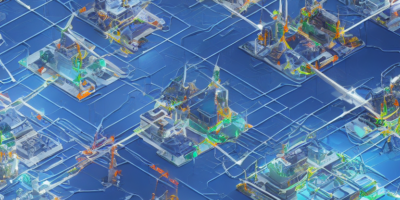
Computer Science, Machine Learning

Artificial Intelligence, Computer Science

Computer Science, Machine Learning
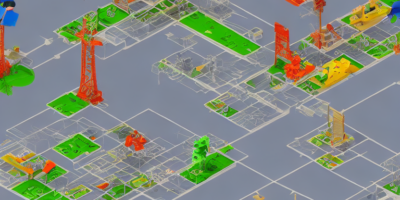

Audio and Speech Processing, Electrical Engineering and Systems Science
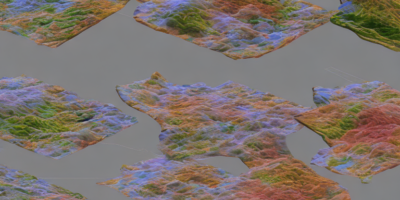
Computer Science, Computer Vision and Pattern Recognition


Computer Science, Computer Vision and Pattern Recognition
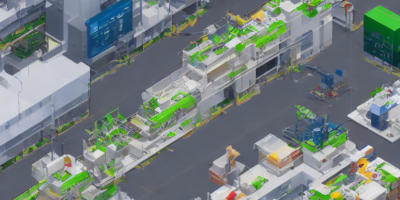
Computer Science, Software Engineering
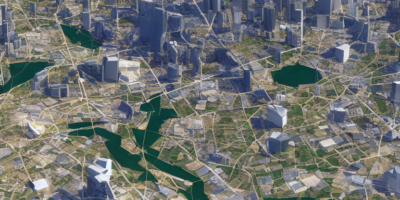
Artificial Intelligence, Computer Science